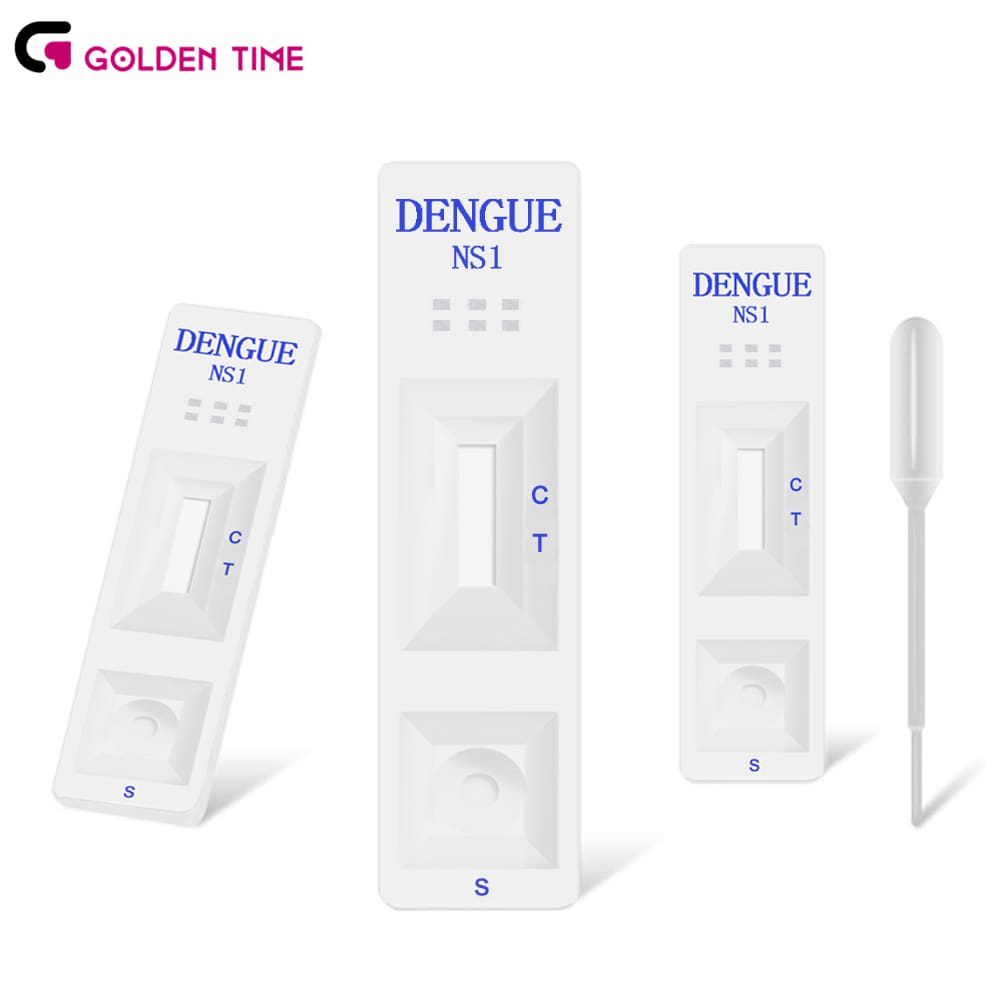វិច្ឆិកា . 12, 2024 07:31 Back to list
hep c test suppliers
Understanding Hepatitis C Testing The Role of Suppliers
Hepatitis C is a viral infection that attacks the liver and can lead to serious health issues such as liver cirrhosis, liver cancer, and even death. Given its potential severity, early detection through testing is crucial to managing the disease effectively. As we navigate the complexities of hepatitis C testing, it is vital to recognize the role that suppliers play in ensuring access to reliable testing solutions.
The Importance of Hepatitis C Testing
Hepatitis C often goes unnoticed in its early stages, as many individuals do not exhibit symptoms. This is where testing becomes indispensable. The Centers for Disease Control and Prevention (CDC) recommends that individuals born between 1945 and 1965, as well as those at high risk, get tested for hepatitis C. Testing typically involves two primary types antibody tests and confirmatory tests.
1. Antibody Tests These tests detect antibodies to the hepatitis C virus (HCV) in the blood, indicating a current or past infection. A positive result, however, requires further evaluation, as not everyone with antibodies will have an active infection.
2. Confirmatory Tests The follow-up tests, such as the HCV RNA test, are essential for determining if the virus is still present in the body. These tests not only confirm the diagnosis but also help inform treatment decisions and gauge the severity of the infection.
The Role of Suppliers
Testing suppliers play a pivotal role in the hepatitis C testing ecosystem. They are responsible for producing, distributing, and ensuring the quality of testing kits and diagnostic devices. Here are some key aspects of their contributions
1. Quality Assurance Suppliers must adhere to stringent regulatory standards to ensure the accuracy and reliability of their testing products. They often work in collaboration with regulatory bodies like the FDA in the U.S. or CE marking in Europe to validate the effectiveness of their tests.
hep c test suppliers

2. Innovation in Testing The landscape of hepatitis C testing is continually evolving with advancements in technology. Suppliers are at the forefront of developing more sensitive and specific tests, including those that can be performed in point-of-care settings. This increases accessibility, especially in remote or underserved areas.
3. Supply Chain Management Suppliers must maintain a robust supply chain to ensure that tests are readily available when needed. This is particularly crucial during outbreaks or public health emergencies. Efficient logistics and distribution methods can minimize delays and ensure timely testing.
4. Education and Training Many suppliers provide educational resources and training programs for healthcare providers. This helps ensure that medical professionals are knowledgeable about the latest testing methods, interpretation of results, and patient management strategies.
5. Affordability and Access As hepatitis C prevalence increases globally, suppliers also play a critical role in making testing more affordable. This includes offering competitive pricing and collaborating with healthcare systems and governments to improve accessibility for high-risk populations.
Future Outlook
As we look to the future, the role of hepatitis C test suppliers is expected to become even more significant. The ongoing research and development of faster, more accurate, and user-friendly testing methods can lead to earlier diagnosis and treatment, ultimately reducing the burden of hepatitis C worldwide.
Furthermore, the integration of telehealth and digital health solutions into the testing paradigm may provide new avenues for accessing testing and results, especially in a post-pandemic world. Suppliers who adapt to these changes will not only thrive but also contribute significantly to public health.
Conclusion
In conclusion, the fight against hepatitis C necessitates reliable and efficient testing solutions. Suppliers are integral to this effort, ensuring that quality tests are available and accessible. As we continue to advance our understanding of hepatitis C and improve our testing methods, the collaboration between health professionals and suppliers will be crucial to achieving better health outcomes for individuals at risk. Early detection through effective testing remains a key strategy in controlling and ultimately eliminating hepatitis C as a public health threat.
-
Dengue NS1 Rapid Diagnostic Test Kit
NewsMar.07,2025
-
Dengue NS1 Rapid Diagnostic Test Kit
NewsMar.07,2025
-
Dengue NS1 Rapid Diagnostic Test Kit
NewsMar.07,2025
-
Transferrin Rapid Test Cassette Tumor Marker TF Card
NewsMar.07,2025
-
Malaria Pf Pan Rapid Diagnostic Test Kit
NewsMar.07,2025
-
malaria pf / pan ag rapid test
NewsMar.07,2025

